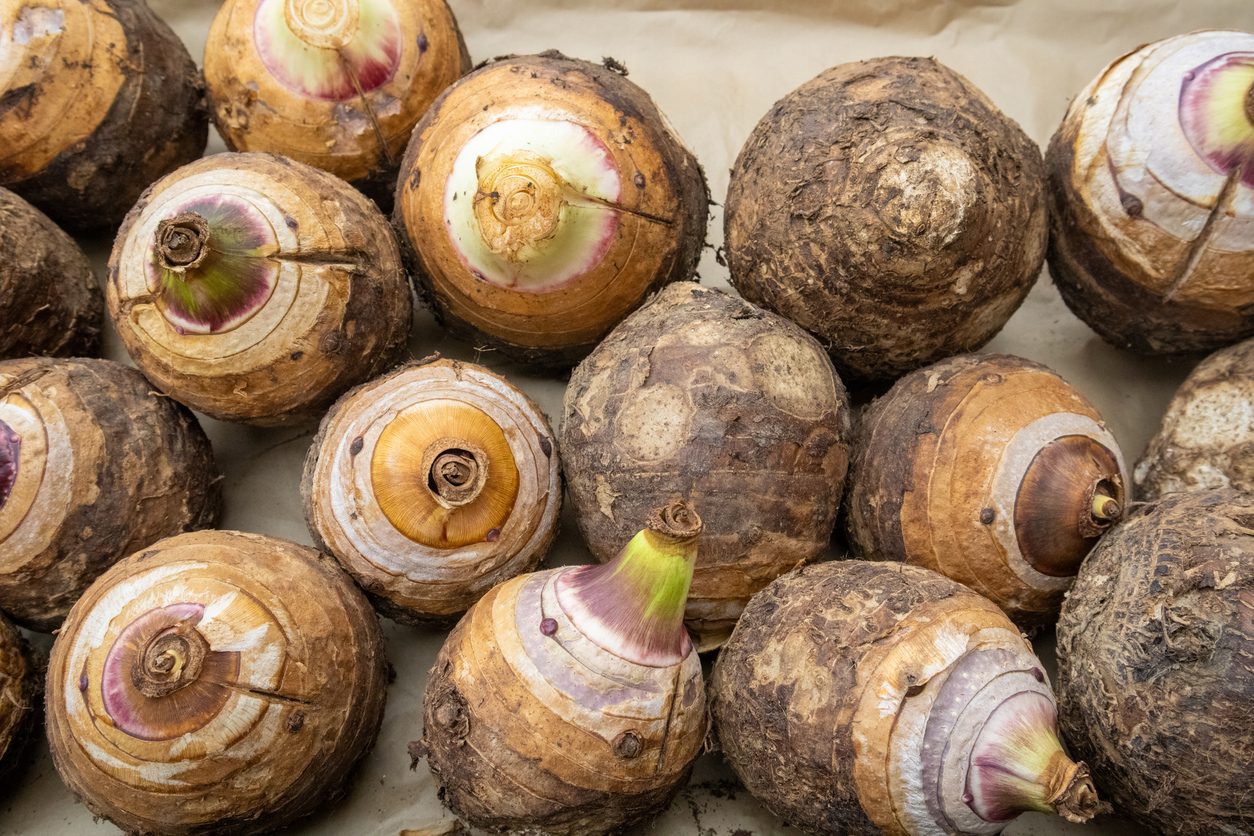Everything You Need To Know About The Rich History of French Toast
It may be called the French toast but nothing about this signature breakfast item is French. Its name is instead the result of a slight mistake made by its creator. Keep reading to find out the origin story of the French toast.
;Resize,width=742;)
It may come as a shocker but the French toast does not originate from the French. According to the books, it was invented by a man named Joseph French.
He created the dish in 1724, and called it “French Toast” because he was grammatically inept and forgot the apostrophe.
This is the most common origin of the French toast but according to a collection of recipes from the early 5th century AD, French toast existed as early as the age of the Roman Empire.
In their style of French toast, which was called Pan Dulcis, Romans would soak bread in a milk and egg mixture, then fry it in oil or butter.

There are also those who believe that French toast was created by medieval European cooks who needed to use every bit of food they could find to feed their families.
They knew day-old bread could be revived when moistened and heated. They added the eggs for additional moisture and protein.
The phrase “French Toast” first appeared in print in the Encyclopedia of American Food and Drink in 1871. However it is known by a variety of names including German toast, eggy bread, French-fried bread, gypsy toast, Poor Knights of Windsor, Spanish toast, nun’s toast, and pain perdu which means “lost bread” in French.
;Resize,width=767;)
;Resize,width=712;)
;Resize,width=712;)
;Resize,width=712;)
